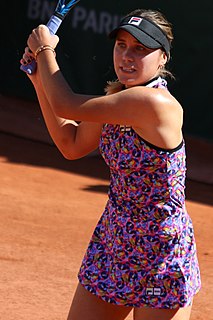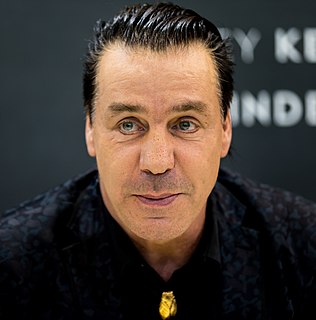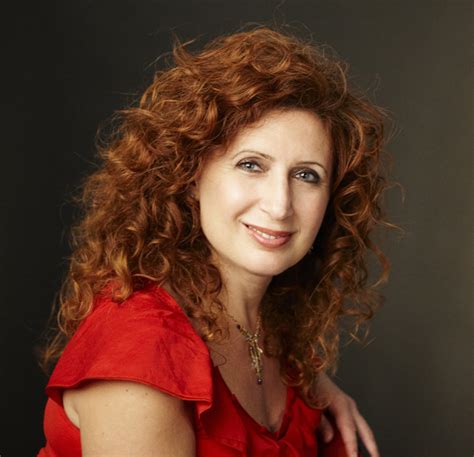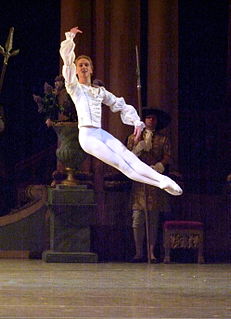A Quote by Sofia Kenin
I have part of Russian stuff inside me, fight and fierce that I have.
Related Quotes
The villain is usually the most interesting part. But it has to be a smart thing. Just dumb cliché villains with a Russian accent and big muscles and a mean face, I don’t know. My Russian accent isn’t that great, and the muscles aren’t that big and the mean face is not enough. You know what I mean? It gets very boring. Tedious stuff.
The villain is usually the most interesting part. But it has to be a smart thing. Just dumb cliche villains with a Russian accent and big muscles and a mean face, I don't know. My Russian accent isn't that great, and the muscles aren't that big and the mean face is not enough. You know what I mean? It gets very boring. Tedious stuff.
There is a very definite Russian heart in me; that never dies. I think you're born and you live your life with it and you die with it. I'm very much an American - my books tend to be about American things, but inside there's that sort of tortured, long-suffering, aching, constantly analysing Russian soul underneath the happy American exterior.
Most British playwrights of my generation, as well as younger folks, apparently feel somewhat obliged to Russian literature - and not only those writing for theatres. Russian literature is part of the basic background knowledge for any writer. So there is nothing exceptional in the interest I had towards Russian literature and theatre. Frankly, I couldn't image what a culture would be like without sympathy towards Russian literature and Russia, whether we'd be talking about drama or Djagilev.
The attitude of the West and of Russia towards a crisis like Ukraine is diametrically different. The West is trying to establish the legality of any established border. For Russia, Ukraine is part of the Russian patrimony. A Russian state was created around Kiev about 1,200 years ago. Ukraine itself has been part of Russia for 500 years, and I would say most Russians consider it part of Russian patrimony. The ideal solution would be to have a Ukraine like Finland or Austria that can be a bridge between these two rather than an outpost.
































